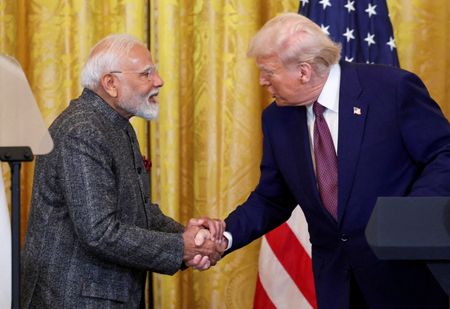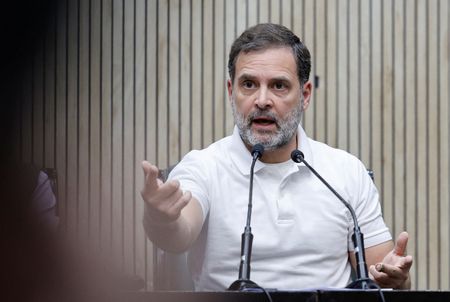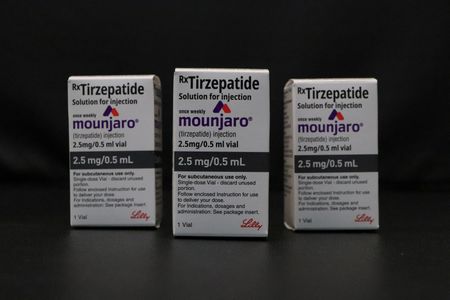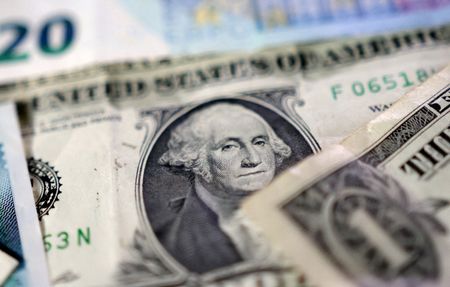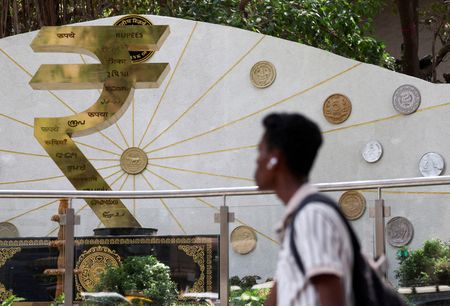By Kanishka Singh
WASHINGTON (Reuters) -The U.S. government noted abuses in India and Pakistan in a shortened human rights report released on Tuesday that said India “took minimal credible steps” to combat the abuses while Pakistan “rarely took credible steps.”
The Trump administration scaled back the annual U.S. government report on human rights worldwide, dramatically softening criticism of some allies and countries that have been President Donald Trump’s partners.
The State Department human rights documentation for India and Pakistan was also much shorter and scaled back this year.
India has been an important U.S. partner in recent years in Washington’s effort to counter China’s rise, although relations have been tense over Trump’s imposition of a 50% tariff on goods from India. Pakistan is a non-NATO U.S. ally.
About India, the report said: “The government took minimal credible steps or action to identify and punish officials who committed human rights abuses.”
On Pakistan, it added: “The government rarely took credible steps to identify and punish officials who committed human rights abuses.”
Indian and Pakistani embassies in Washington had no immediate comment on the report released on Tuesday, which documented instances in 2024.
Amnesty International and Human Rights Watch fault Indian Prime Minister Narendra Modi’s government for its treatment of minorities.
They point to rising hate speeches, a religion-based citizenship law the U.N. calls “fundamentally discriminatory,” anti-conversion legislation that challenges freedom of belief, the 2019 removal of Muslim-majority Kashmir’s special status, and the demolition of properties owned by Muslims.
Modi denies discrimination and says his policies, such as food subsidy programs and electrification drives, benefit everyone.
In Pakistan, Amnesty International says government authorities fail to protect minorities, including Christians, and use “excessive and unnecessary force” against civil society voices and protesters.
In particular, rights groups, the U.N., and Western governments raised concerns over the 2024 Pakistani elections. A U.N. working group said last year that former Prime Minister Imran Khan’s detention violated international law. Khan remains in jail.
Islamabad says its elections were fair and dismisses allegations of rigging and foul play.
Washington and New Delhi have not reached a trade deal, while the United States has reached an agreement in recent weeks with Pakistan.
Trump angered India by taking credit for an India-Pakistan ceasefire in May after hostilities between the neighbors following an April attack in India-administered Kashmir. India says New Delhi and Islamabad should resolve their ties directly without outside involvement.
(Reporting by Kanishka Singh in WashingtonEditing by Rod Nickel)

